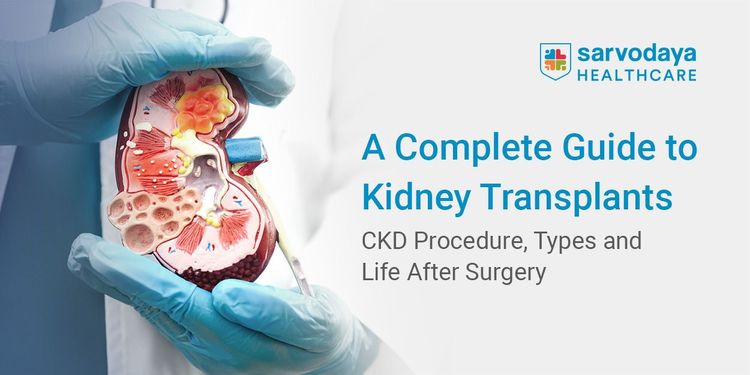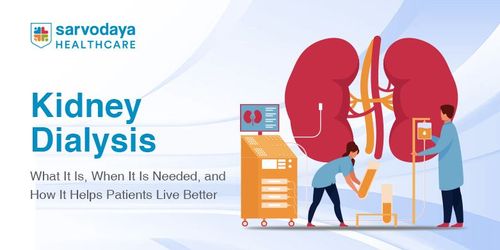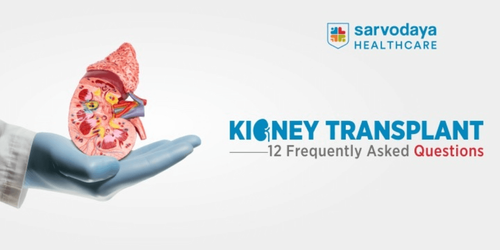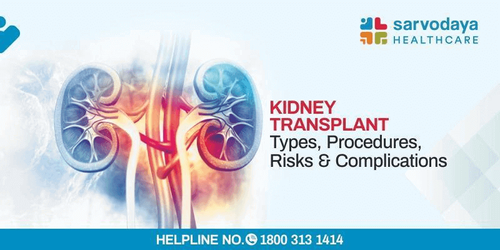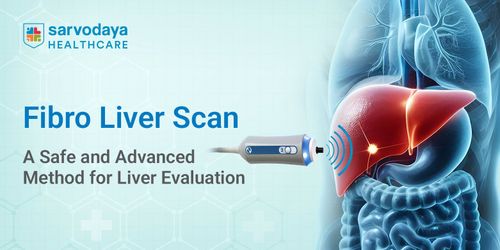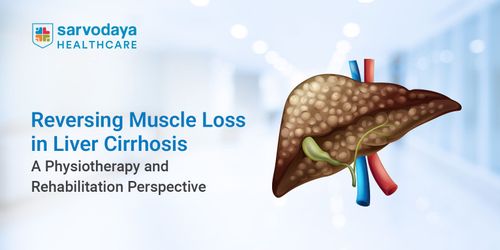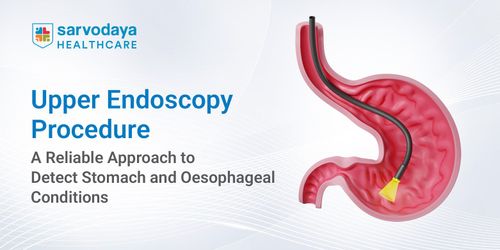Chronic kidney disease (CKD) is a growing health concern that silently damages the kidneys over time. As the condition progresses, it reduces the kidneys’ ability to filter waste, control blood pressure, and maintain fluid balance in the body. A kidney transplant operation is considered the most effective long-term treatment for patients with advanced kidney failure.
In this blog, we discuss what CKD is, when a kidney transplant operation becomes necessary, the types of transplants available, and life after surgery.
Understanding Chronic Kidney Disease (CKD)
Chronic kidney disease is a condition where kidney function declines gradually over several months or years. The damage is usually permanent, and if not managed in time, it can lead to complete kidney failure.
The most common causes include:
- Diabetes damages the filtering units of the kidney.
- High blood pressure puts excessive strain on blood vessels in the kidneys.
- Genetic conditions such as polycystic kidney disease.
- Recurrent urinary tract infections or autoimmune disorders.
CKD is classified into five stages, ranging from mild kidney damage to complete failure.
When Patients Require a Kidney Transplant
While dialysis helps manage Kidney Failure temporarily, it does not replace the complete function of healthy kidneys. For patients with advanced CKD, a kidney transplant operation offers a permanent solution and a better quality of life.
You may need a transplant when:
- The pain, fatigue and swelling associated with kidney disease do not improve with treatment.
- Chronic kidney disease treatment no longer controls symptoms effectively.
- Your glomerular filtration rate (GFR) drops to 15 or below, indicating stage 5 CKD.
- High levels of creatinine are detected, signalling declining kidney performance.
- Daily activities, sleep and overall health are severely hampered by kidney failure.
Kidney Transplant Operation Explained
A kidney transplant operation involves replacing a damaged kidney with a healthy one from a living or deceased donor. It is one of the most successful surgical treatments in modern medicine, with a high kidney transplant success rate when performed under expert care.
The kidney transplant procedure steps include:
- Pre-surgical Evaluation: The patient undergoes detailed medical tests to ensure readiness for surgery.
- Donor Matching: Blood type and tissue compatibility tests are carried out to reduce the risk of rejection.
- Surgical Procedure: The donor kidney is placed in the lower abdomen, and the blood vessels and the ureter are carefully connected.
- Hospital Recovery: The surgery usually lasts 3–4 hours, with a hospital stay of around 7–10 days for monitoring.
- Post-Surgical Care: Patients are prescribed medications to prevent rejection and infections.
Choosing the best kidney transplant hospital in India ensures access to modern facilities, a skilled transplant team and personalised rehabilitation plans for a faster recovery.
Types of Kidney Transplants
There are different types of transplants available depending on the source of the donor. Each option has its own benefits and considerations, and the choice usually depends on availability, compatibility and patient health.
The main types of kidney transplants are:
- Living Donor Transplant: A healthy kidney is donated by a living person, often a close relative. This is considered the best option, as it offers better survival rates and quicker scheduling of the surgery.
- Deceased Donor Transplant: The kidney comes from a donor who has recently passed away. Although waiting times are longer, it is a widely practised and effective method.
- Paired Kidney Exchange: When a donor is incompatible with their intended recipient, they can exchange with another donor-recipient pair for a suitable match.
Kidney Transplant Donor Requirements
Donating a kidney is a significant decision, and strict medical and ethical standards ensure donor safety.
General donor requirements include:
- Being in good overall health without chronic illnesses such as diabetes or uncontrolled hypertension.
- Matching blood group and tissue compatibility with the recipient.
- Passing medical screenings, including kidney function tests, imaging and psychological evaluation.
- The kidney transplant donor age limit is usually between 18 and 65 years, although exceptions may be made in exceptional cases after thorough evaluation. Both living and deceased donors are carefully assessed to ensure the best outcome for the recipient while prioritising donor safety.
Life After Kidney Transplant
A successful transplant is not just about the surgery itself but also the long-term recovery and lifestyle changes that follow.
Key aspects of life after a transplant include:
- Medication Management: Patients must take immunosuppressants to prevent rejection of the donor kidney.
- Regular Follow-ups: Continuous monitoring with a kidney specialist in Delhi NCR helps track kidney function and overall health.
- Healthy Lifestyle: A balanced diet, adequate hydration, regular exercise, and avoiding smoking and excessive alcohol consumption are crucial.
- Awareness of Side Effects: Some patients may experience kidney transplant side effects such as infections, high blood pressure or medication-related complications, which need timely medical attention.
Conclusion
Chronic kidney disease is a challenging condition that can severely affect daily life and overall health. However, with timely diagnosis, early chronic kidney disease treatment and the option of a kidney transplant operation, patients can look forward to a healthier future.
At this stage, selecting the right hospital is crucial. Sarvodaya Hospital, Faridabad, is recognised as one of the leading centres for kidney care and transplants. With some of the best nephrologist in Delhi NCR, advanced facilities and a dedicated transplant team, patients receive personalised treatment plans designed to ensure the best outcomes. Preventive consultation with a nephrologist in Faridabad at Sarvodaya can also help detect CKD early and manage it before it progresses to end-stage disease.
Book an appointment now at the best kidney transplant hospital in India to overcome the challenges of CKD and lead a healthier, more fulfilling life.


